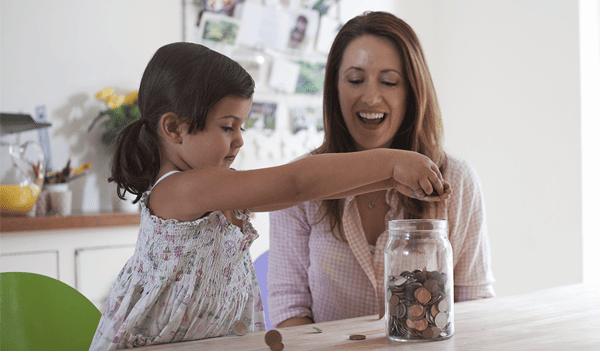Getting into the savings habit

Reading time 4 minutes
At a glance:
Check your finances each month to see where you may be able to save.
Keep and eye on interest rates to see where you could get a better return for your savings.
Find a regular saving amount that you can keep up to.
As our lifestyles continue to change, it may help to be mindful of how this can affect spending, to be aware of regular costs that may start to increase again and understand opportunities to build lasting savings habits.
Tips to help you start - or continue - saving
Compare spend over recent months with those further in the past and ask yourself some questions such as:
Where are you spending more now compared to this time last year?
Where are you spending less?
Where might you need to start spending more soon?
This will help build up a picture of your spending, how it has changed and how it might change. You can use a tool like our Personal budget calculator to help plan your finances for the coming months.
cycling/walking rather than public transport
working out at home or outside rather than the gym
cooking from scratch rather than using pre-prepped food or eating out
home beauty treatments/haircuts rather than going to the salon
DIY decorating, maintenance and repairs rather than hiring a tradesman
Keeping up with these habits at least some of the time and where you have the skills to do so could help you save money.
Find a home for your savings, and save each month
When you’re saving for something specific or want to build up your savings for a rainy day, rather than simply leaving it in your current account, you can set up a new savings account where you can see your cash build up.
If you’re setting your cash aside, having this separate account can help you avoid the temptation of dipping into your savings. A lot of providers will let you name your account too, so whether you go with ‘New bathroom’, ‘Monthly set aside’ or ‘Sports car’ it’ll help to keep you focussed on your goal.
Three ways to save monthly:
There are many different types of savings accounts on the market. If you’re not sure what type of savings account to get, take a look at our variety of savings accounts.
The content on this page is for reference. It is not financial advice. For help with money issues, try MoneyHelper.


